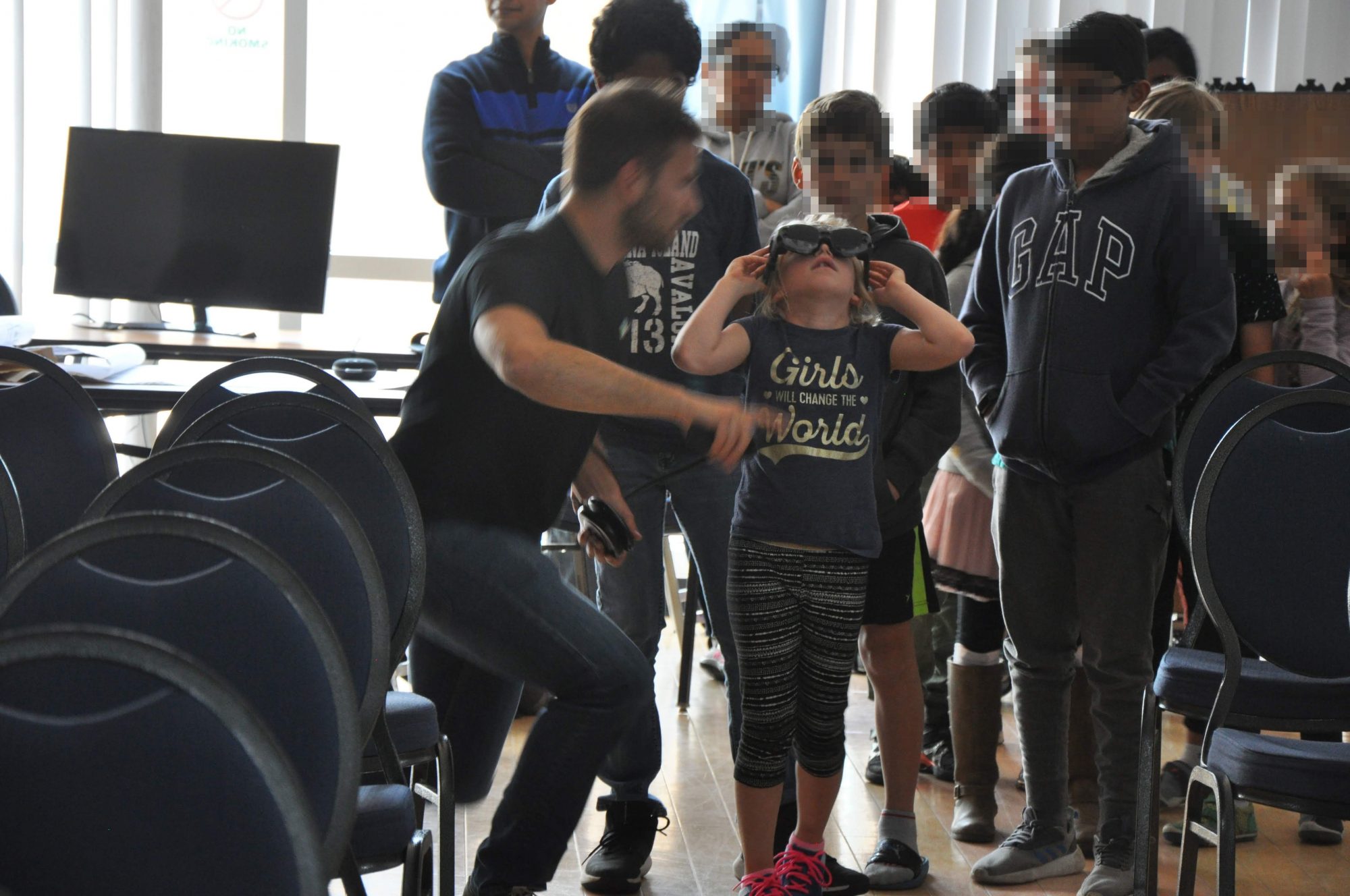For middle-school or high-school students who love to read books, the theme for a blog may be right under their noses.

One of the advantages of being a school student is that you will have to read different kinds of books. There will be other books that you read because you want to. Every time you read a book, you will form an opinion about the book. Sometimes other friends may ask you for your opinion about a book if they know that you have already read it. Those opinions can be the theme of a blog.
In other words, you could set up a book review blog.
Here are a few tips to make your book review blog a rewarding activity.
- No spoilers. Do not ever give away the ending of a story, or any plot twists. That would be a disservice to other readers and to the author.
- Kindness. Be kind in how you judge a book. It is very tough to be an author, and you want to share only constructive opinions. If a book did not resonate with you, then suggest the kind of readers that may find the book appealing.
- Intrigue. Leave some intrigue. Leave some unanswered questions. Make your readers wonder, and want to come back to read your next review.
Remember that if you can write your original thoughts about the books you read, very soon you may even find a following. Some day you may be able to meet and interview the authors of books you read and review on your blog.
Create your own rating system. If it is clever and catchy, bibliophiles
will start looking for your rating on a book, and that is powerful.
Your book reviews can also include a link to the book for readers of your blog to purchase it directly from your favorite book store.
A book review blog will help you develop powerful analytical skills that are very useful in the real world. Do consider creating your own book review blog.
This blog post is a warm-up before introducing school students to the Blog School by
AlligatorZone.



